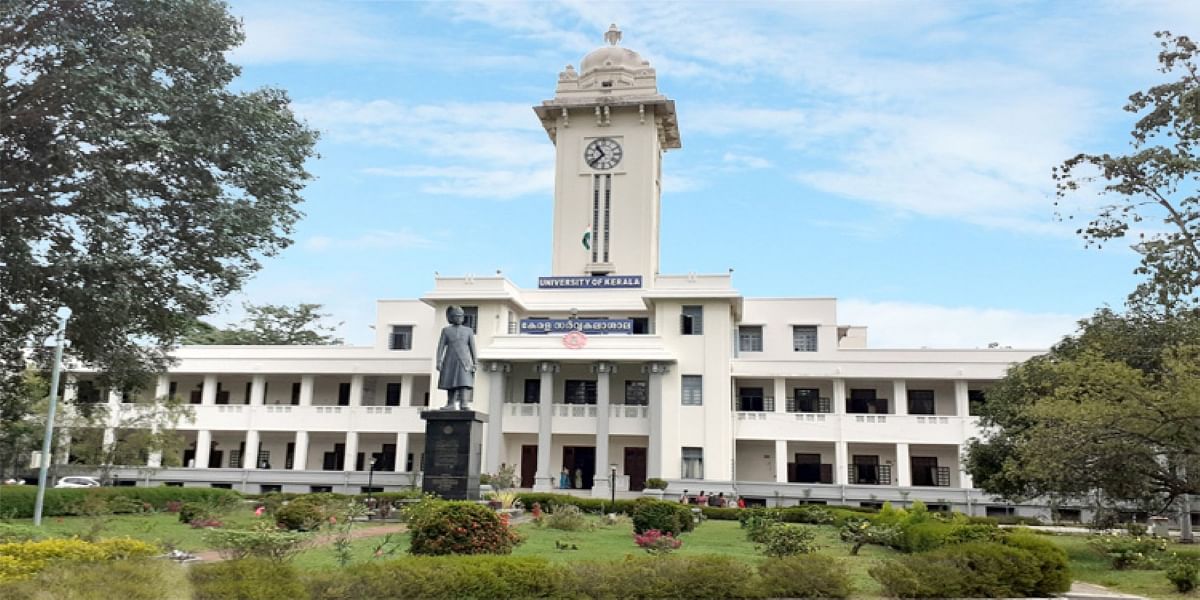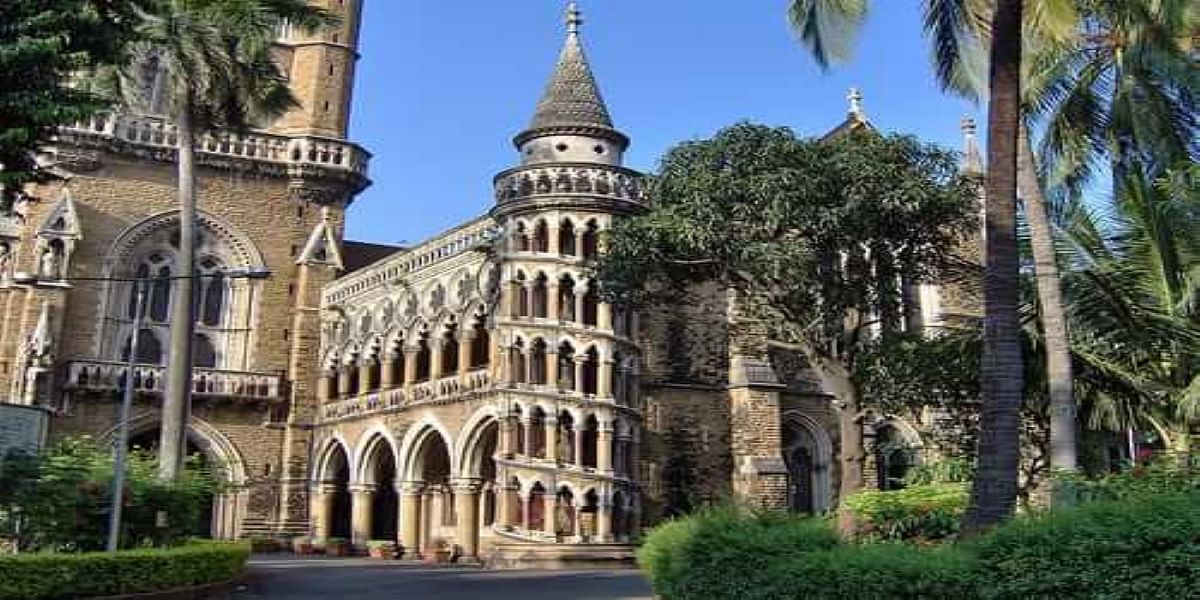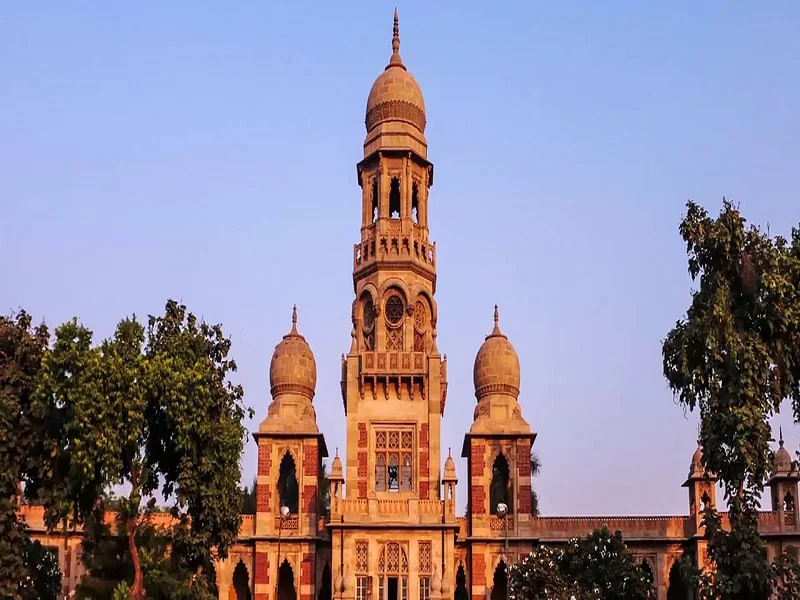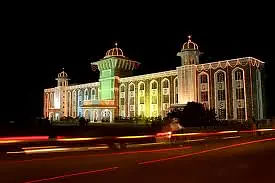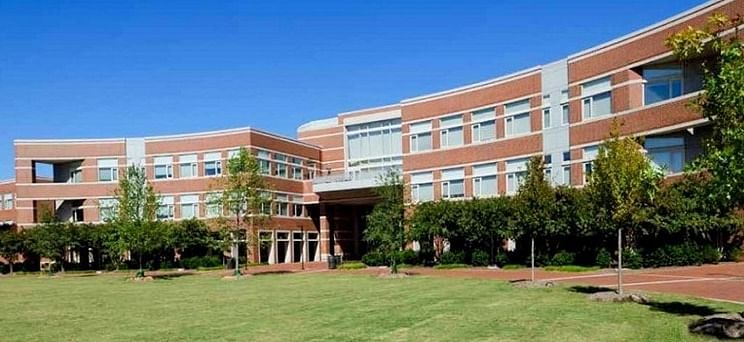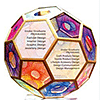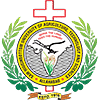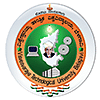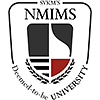MA Archaeology Syllabus and Subjects

MA Archaeology syllabus can differ for the students based on the specialisation that the students decide to pursue. MA Archaeology subjects are spread across four semesters. The Master of Arts in Archaeology subjects are designed to give the students a deeper understanding of the course and specialisation they choose to pursue.
Semester Wise MA Archaeology Syllabus
MA Archaeology subject list differs according to the specialisation that the candidates decide to pursue. With every specialisation, the subjects in MA Archaeology courses differ, as the primary focus topics change. The MA Archaeology 1st year syllabus primarily focuses on the foundational subjects related to the field of archaeology.
MA Arcaeolhogy course introduces students to all the vital information they need. Listed below are the syllabi of MA Archaeology according to the semester which is core subjects and therefore, tends to be the same across the board.
MA Archaeology First Year Syllabus
The table below contains the list of MA Archaeology subjects in the first year:
|
Semester I |
Semester II |
|
Political History of Ancient India 319 AD |
Ancient Indian Administration and Polity |
|
Political History of Ancient India (319-1200 AD ) |
Science and Technology in Ancient India |
|
Ancient Indian Society |
Ancient Indian Economy |
|
History and Culture of India |
Early Historic Archaeology |
|
Ancient World |
Major Archaeological Sites of India |
MA Archaeology Second Year Syllabus
The table below contains the list of MA Archaeology subjects in the second year:
|
Semester III |
Semester IV |
|
Historiography |
Concept and Methods of Tools in Ancient India |
|
Ancient Indian Epigraphy |
Principles and Methods of Archaeology |
|
Ancient Indian Numismatics |
Study of Ancient Pottery |
|
Elements of Archaeological Studies |
Elements of field Archaeology |
|
Elements of Ancient Indian Art |
Elements of Ancient Indian Architecture |
|
Electives |
Electives |
|
Prehistory of India |
Environmental Archaeology |
|
Protohistory of India |
Maritime Archaeology |
|
Museology |
South Asian Prehistory |
|
Heritage Management |
Biological Anthropology |
MA Archaeology Subjects
MA Archaeology subjects are dependent on the specialisation that the aspirants decide to pursue. MA Archaeology subjects are decided based on the core topics in archaeology, as well as the topics in the specialisation. MA Archaeology subjects are divided into core subjects.
MA Archaeology Core Subjects
The core MA Archaeology subjects list contains essential subjects that all MA Archaeology students study irrespective of their specialisation, which is as follows:
- Ancient Indian epigraphy
- Principles and methods of archaeology
- Ancient Indian numismatics
- Study of Ancient pottery
- Elements of Archaeological studies
- Elements of field Archaeology
MA Archaeology Course Structure
The MA Archaeology course structure consists of core subjects. The course is a two-year-long postgraduate course, divided into four semesters. From the third semester onwards, students are introduced to specific subjects related to their specialisation. The course structure is:
- VI Semesters
- Core Subjects
- Postgraduate Course
- Research Project
MA Archaeology Teaching Methodology and Techniques
MA Archaeology teaching methodology and techniques encompass traditional lecture-based training. The traditional classroom teaching methods allow the students to ask the queries they might have and get answers to them.
The course has teaching methodologies and techniques designed to ensure that the students pursuing this course have access to all the infrastructure and facilities available. Listed below are the teaching methodology and strategies in general:
- Lectures
- Practical Sessions
- Research Papers
- Seminars
- Group Discussions
- Traditional Classroom-Based Teaching
MA Archaeology Projects
When pursuing a Master of Arts in Archaeology course, research projects are an integral part of the studies. These projects are assessed by the professors to judge the student's understanding of the subjects.
Students can choose their project topics based on the specialisation they choose to pursue. Some of the popular research projects are listed below:
- Pre-history of India
- Environmental Archaeology
- Protohistory of India
- Maritime Archaeology
MA Archaeology Books
When pursuing a MA Archaeology, books can be a great investment for the students as they can really help them learn about their specialisation in great detail. Books can be a source of information for the students whereby they can further learn about topics of their interest. Students can rent out reference books from libraries, download them online or purchase them.
Listed below are some of the popular MA Archaeology course books that the students can invest in:
|
Name of Book |
Author |
|
Age of Imperial Unity |
RC Majumdar |
|
Social Hindu Organisation |
P H Prabhu |
|
History of Early India to the 1200 AD |
Romila Thapar |
|
Prehistory of India |
D K Bhattacharya |
|
Coins of Ancient India |
Alexander Cunningham |
|
Ancient Architecture of India |
TA Gopinath Rao |




